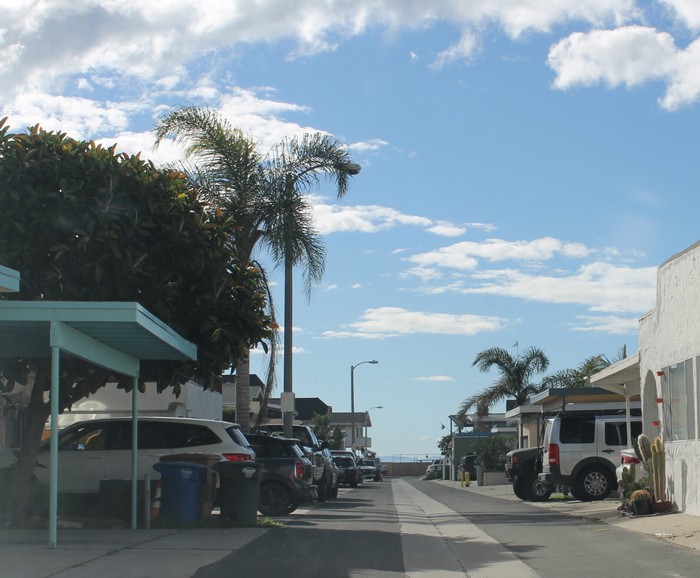Should second units be allowed in the Lanes?
By a 7-0 vote, the Ventura City Council approved interim standards for second dwelling units (Accessory dwelling unit ADU). This was necessary because of new California State laws to help alleviate some pressure on the housing shortage.
To help the state’s housing crisis it will be easier for California homeowners to construct additional units on their properties, whether in their garages or as freestanding second structures.” The law became effective on Jan.1, and cities throughout California are working on how to deal with it.
Per the state, the process is now ministerial meaning it doesn’t need approval by any planning body. It just needs to meet all the rules of the State ordinance. The new law loosened restrictions on adding second units in an effort to increase the housing stock and help ease the affordable-housing crisis.
There is much concern by city council members and the public as to how this will impact Ventura -both positively and negatively.
The new law significantly reduced parking requirements. Spaces are not required if the unit is within a half-mile from public transit. Because of the shape of Ventura, the majority of Ventura is within a half-mile of mass transit which means a parking space can’t be required for the additional unit.
Ventura’s temporary ordinance restricts the size of a unit to 750 square feet (the state allows 1,250 square feet) and includes other conditions not in compliance with the State. Local ordinances that are not aligned with state laws will need to be approved by the state to make sure that they meet the intent of the law.
As Councilmember Christy Weir stated, “The state prioritized quantity over quality in its effort to develop more housing. What the state has done has taken away a lot of our local control.”
The interim rules will be in place until staff has time to develop a permanent ordinance. The urgency ordinance will last 45 days. The council can then vote to extend the ordinance for 10 months and 15 days (an odd amount allowed by law) to give the city staff more time to prepare a permanent ordinance.
Staff members said they will visit neighborhood groups and other stakeholders and talk to officials in other cities to get input on what the ordinance should include. If the council did not pass the interim rules, the state’s laws become the law for the city and the city would be required to approve any new ADU that meets the new minimal state criteria.
The city council imposed a requirement that the property owner live on site – which is not required in the state law. This is partly in response to issues over short-term vacation rentals and to avoid turning the properties into investments for off-site owners, some of whom do not maintain the residences which has been of great concern, especially from owners of homes in the Pierpont area lanes.
The California Department of Housing and Community Development has prepared a 35-page document to help answer some of the questions regarding the law. If you’d like to read it, visit their website and search for “Accessory Dwelling Unit Memorandum”.
Residents and property owners are invited to attend the second public meeting discussing short-term vacation rentals on Tuesday, January 31, from 6-8pm at the Poinsettia Pavilion. This meeting is a follow-up to the December 13, 2016 community meeting where attendees provided feedback on issues, benefits and potential solutions surrounding short-term vacation rentals.
At the meeting, staff will review the feedback collected at the first meeting and complete the work by identifying the most critical issues surrounding short-term vacation rentals within the city of Ventura. They will then develop a comprehensive list of potential solutions for those issues. Participants are encouraged to review the input from the December 13, 2016 meeting on the City’s website at www.cityofventura.net/ft/stvr.
A small stakeholder group will also be formed to conduct in-depth analysis and research potential solutions to short-term vacation rental issues. The stakeholder group will utilize the feedback from the community and make recommendations to staff for any suggested changes to the current policies.

